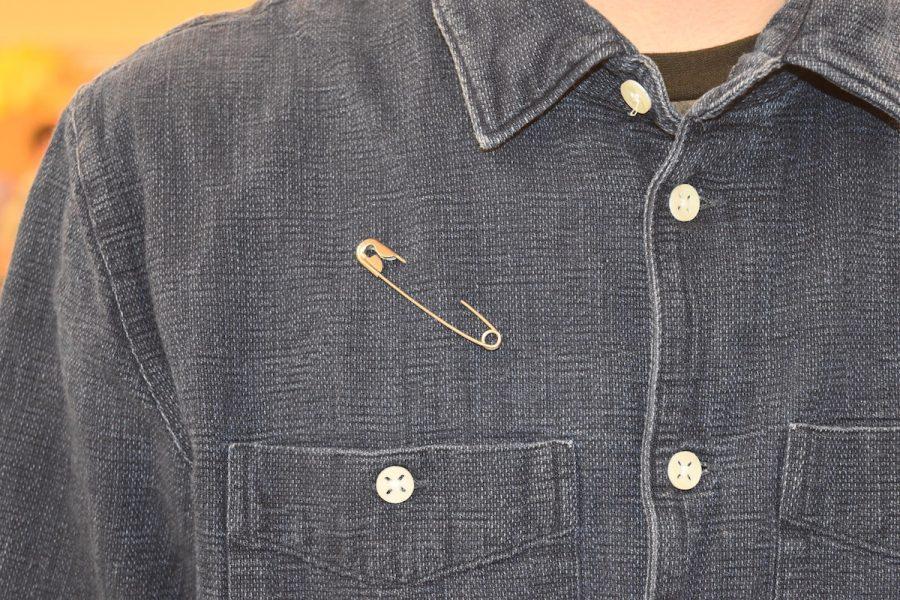Trump victory: a changed America?
Donald’s Trump victory’s sorted most people into two groups: the jarred and the joyous.
Will the new president breed hope or hate? Will he divide or unify?
Even though America has yet to make her decision, most Lincoln students seem to fall to one side of the spectrum. They fear his presidency could threaten the freedoms and rights of minorities.
Certainly, Trump appears to many to be off to a rocky start. According to a recent poll by ABC News, a 50 percent of Americans view him unfavorably. His appointment of Steve Bannon as chief strategist will most likely do little to help him.
Until recently, Bannon was the editor-in-chief of Breitbart, a far-right news publication accused by the left and center-right for racism, homophobia and anti-semitism.
Trump critics also worry over the New Yorker’s appointment of Jeff Sessions as attorney general, who joked that his main dislike against the Ku Klux Klan was their consumption of marijuana.
The feelings for Democrats throughout the nation are being reciprocated at Lincoln, generally considered a liberal school.
Junior Coltrane Liu is upset with Trump’s victory. He is “sad to see the least competent candidate win over the most qualified candidate.
“It’s really depressing, especially for the women in [his] family” who were for Clinton.
According to a Southern Poverty Law Center poll of its readers, nearly two thirds of teachers believe that minority students were concerned about the election.
Substitute teacher Greg Burrill was unjarred by Trump’s triumph. Burrill “decided not to be afraid [of the billionaire’s victory] in advance.”
However, he believes that Trump is “a narcissist” and and that “it seems he’s just in an echochamber” of ideas within his political circle.
“[Republican politicians] believe that defense of the country is more important than the individuals that make it up,” Burrill adds.
“We don’t know much about what he’s going to do.”
Burrill, who serves on his neighborhood Democratic precinct, “worries more about the planet’s ecological structure” than the United States’ affairs.
Some Lincoln students have begun donning safety pins in response to the election. They seek to allow for a more tolerant environment. Those wearing the pins claim to be open to speaking with disgruntled minorities or Trump supporters who may have been harassed.
However, are Trump’s policies, perceived by many to be prejudiced, viable? The President-elect, who initially vowed to deport 11 million undocumented immigrants, now seeks to only expel those who are criminals; about 7 percent of the undocumented migrants, Pew Research Reports, even though he pledged to deport 3 million of them in a recent speech.
One sophomore who sided with Gary Johnson expressed joy over Trump’s victory.
“He stands up for what I believe in [in comparison to Clinton],” the student says.
Lincoln’s Leadership staged a “blackout” day on Nov. 17 in a call for solidarity after a contentious campaign. Participants wore black.

